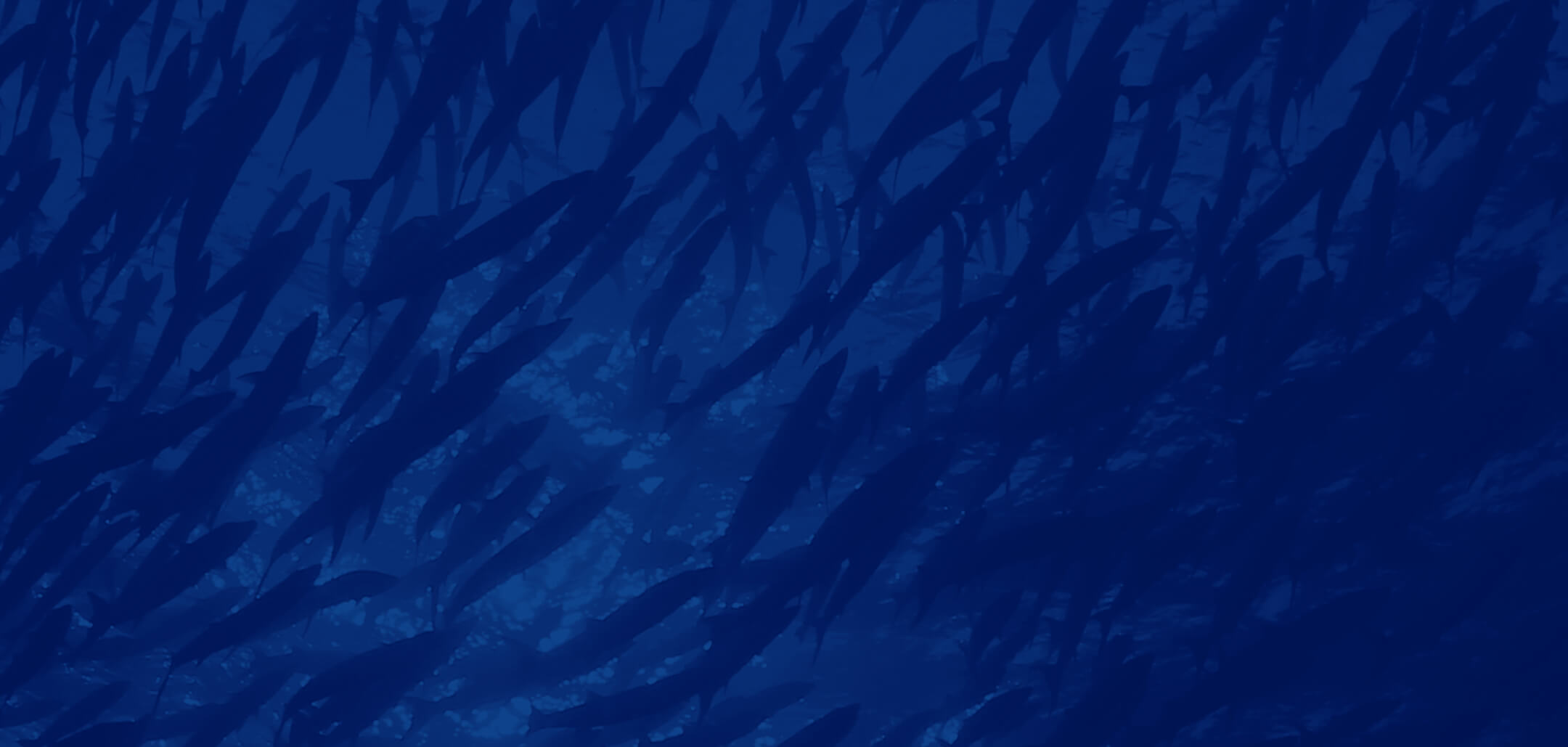Coral Biobank Alliance – Our Work
Return to Coral Biobank Alliance Home Goals [caption id="attachment_14998" align="alignright"...
You are using an outdated browser. Please upgrade your browser to improve your experience.

Return to Coral Biobank Alliance Home Goals [caption id="attachment_14998" align="alignright"...
Rapid acute heat stress assays are increasingly used to assess reef coral heat tolerance and identify resilient corals for research and restoration. However, concerns remain about (1) how representative they are of natural bleaching...
In a remarkable advancement for coral conservation, Mote Marine Laboratory has successfully achieved the spawning of Eusmilia fastigiata, commonly known as smooth flower coral, with parent colonies settled just 22 months prior...
The ability to quantify changes in the structural complexity of reefs and individual coral colonies that build them is vital to understanding, managing, and restoring the function of these ecosystems. However, traditional methods for...
Mote Marine Laboratory joined forces with Combat Wounded Veteran Challenge (CWVC) and SCUBAnauts International divers in late June to advance coral reef restoration in the Florida Keys. The combined teams embarked on a vital mission...
Though bacterial pathogens and parasites can compromise coral health, coral microbiome research increasingly suggests a beneficial role for bacterial species living in coral tissue and mucus. Recent studies suggest the application...
The identification of bleaching tolerant traits among individual corals is a major focus for many restoration and conservation initiatives but often relies on large scale or high-throughput experimental manipulations which may not...
About the Center Operating in tandem with the Seagrass Restoration Technology Development Initiative, the Ron and Marla Wolf Seagrass Center...
Mote Marine Laboratory scientists are champions of coral reef science, conservation and restoration. Their hard work was highlighted on April 24, 2024, during season 3 episode 1 of the PBS series Changing Planet. Watch the clip...
This program is not currently accepting interns. Explore other Mote URE opportunities Coral Reproduction...
Coral reefs are experiencing unprecedented die-offs worldwide, and it’s critical to restore them with resilient and genetically diverse corals that have the best chances to survive and reproduce. However,...
Coral Reef Ecosystems Internship Internship Mentor: Ian Combs The Coral Reef Ecosystem Internship will introduce interns to...
Coral Reproduction Internship Coral sexual reproduction is crucial for population persistence, generating genetic diversity and promoting adaptive evolution. However, many species on Florida’s Coral Reef are experiencing...
Coral Health & Disease Research Internships The Coral Health & Disease Research Program conducts works on two of Mote's campuses. The internships below are based at Mote's International...
Coral Gene Bank Internship Mote’s International Coral Gene Bank is designed to be a safe haven for corals from Florida’s coral...
Operating in tandem with Mote's Seagrass Restoration Technology Development Initiative, the Ron and Marla Wolf Seagrass Restoration Center for Ocean...
We test a newly developed instrument prototype which utilizes time-resolved chlorophyll-a fluorescence techniques and fluctuating light to characterize Symbiodiniaceae functional traits across seven different coral species under cultivation...
Present in every population of plants and animals are distinct individuals who are resistant to disease. An important question is what genetic insights can be obtained from studying these individuals. In the case of coral, many of...
Worldwide decline in coral populations has led to the development of numerous coral conservation and restoration groups. These groups have established successful methods for propagating and growing corals in nurseries for outplanting...
The recent decline of coral health and substantial loss of coral cover along Florida’s Coral Reef (FCR) results from local stressors such as degraded water quality and disease outbreaks in addition to anthropogenically driven global...
Ocean warming is increasingly affecting marine ecosystems across the globe. Reef-building corals are particularly affected by warming, with mass bleaching events increasing in frequency and leading to widespread coral mortality. Yet,...
Several stressors including climate change and infectious diseases have caused significant losses in living coral, particularly in Florida, leading to ecosystems on the brink of functional extinction. ...
About This Campus To educate and involve visitors in the protection and conservation of coral reef ecosystems, Mote Marine Laboratory has teamed up with NOAA and their partners to create Mote’s...
About This Campus To expand our positive impacts on coral reefs in the Upper Florida Keys, Mote Marine Laboratory created the first and only land-based coral nursery in Key Largo. The Key Largo Coral Nursery, situated on...
About This Campus To expand our positive impacts on coral reefs in the Upper Florida Keys, Mote Marine Laboratory created the first and only coral nursery in Islamorada. The Islamorada Coral Nursery, situated on the property...
Mote Marine Laboratory & Aquarium celebrated the official opening of its Florida Coral Reef Restoration Crab Hatchery Research Center, which is the first fully operational Caribbean king crab hatchery of its kind that will aid...
A look into the future of Mote’s science-based coral restoration efforts As Florida’s Coral Reef experienced record-breaking heat waves starting in July, with temperatures in adjacent backreef areas reaching...
On Thursday, July 13, Mote Marine Laboratory once again joined forces with members of the Combat Wounded Veteran Challenge (CWVC) to plant corals and restore the Higgs Head coral reef in Key...
Mote Marine Laboratory & Aquarium teamed up with the National Park Service and pharmaceutical scientists at Ocean Alchemists LLC to develop treatments for black band disease (BBD), a lethal coral disease, which will contribute...
Marina Villoch describes herself as "the intern that never left" in a new video from Yahoo In The Know, which explores her exciting career as lab manager for Mote Marine Laboratory's Coral Health & Disease Research Program. Like...